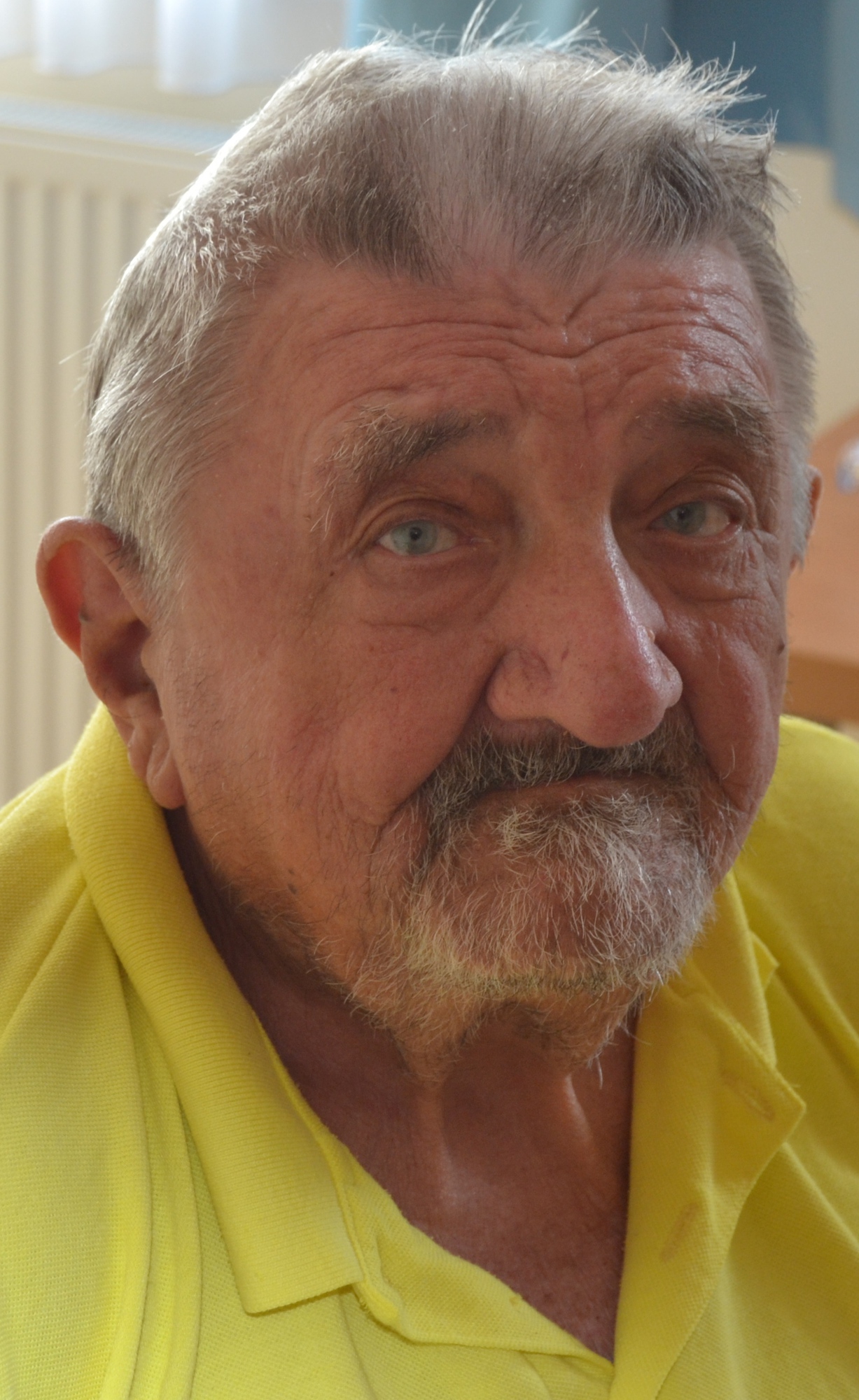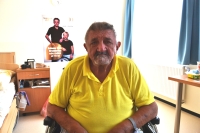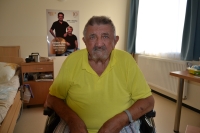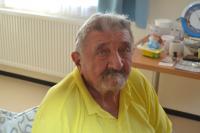I’ve always favoured evolution rather than revolution.

Download image
Josef Beran was born on 16 July 1931 in Prague to Kamila, née Strmisková, and Josef Beran. His father was a constable, in the 1930s he was promoted to censor, and he and his son went to theatres as part of his work duties. The family lived in Vysočany where Josef Beran experienced the war and the liberation. He went to play the violin with famous virtuoso Jaroslav Kocián. Kocián died in 1950, which hit him hard, and in the same year he completed high school. His mother’s brother, Karel Strmiska who became a member of the National Security Corps (SNB) after February 1948, helped political prisoners. He was arrested, sentenced to death and executed in 1952. Josef Beran found a job at the military construction firm Posista that also designed atomic shelters for the then communist leadership, and was recommended to study at night college, majoring in civil engineering. In 1960, he received an engineering diploma. He also worked briefly at the Prague Design Institute, at the Ministry of Construction, and from 1965 until 1990 he was employed by the Transport Department of the Central Bohemia Regional National Committee. During his career, he took part in many construction projects, mainly housing estates and transport infrastructure in and around Prague. He married Vladimíra Ludvíková, whose father was a high-ranking official of the Communist Party of Czechoslovakia (KSČ) and ambassador to Italy and Belgium. His brother-in-law, Vlastimil Ludvík, was a Czechoslovak intelligence officer who defected to a British secret service in 1988 during a stay at the embassy in India. Josef Beran and wife raised a daughter and a son. He was living in a nursing home in Mělník in 2018.



